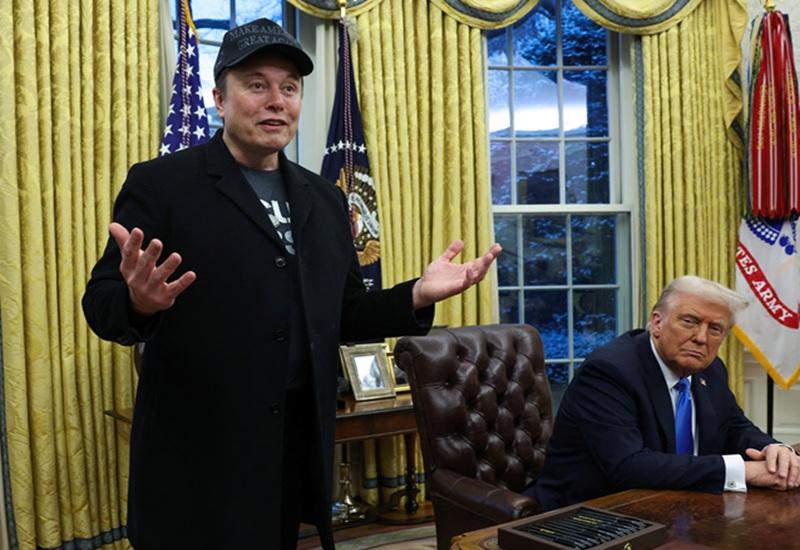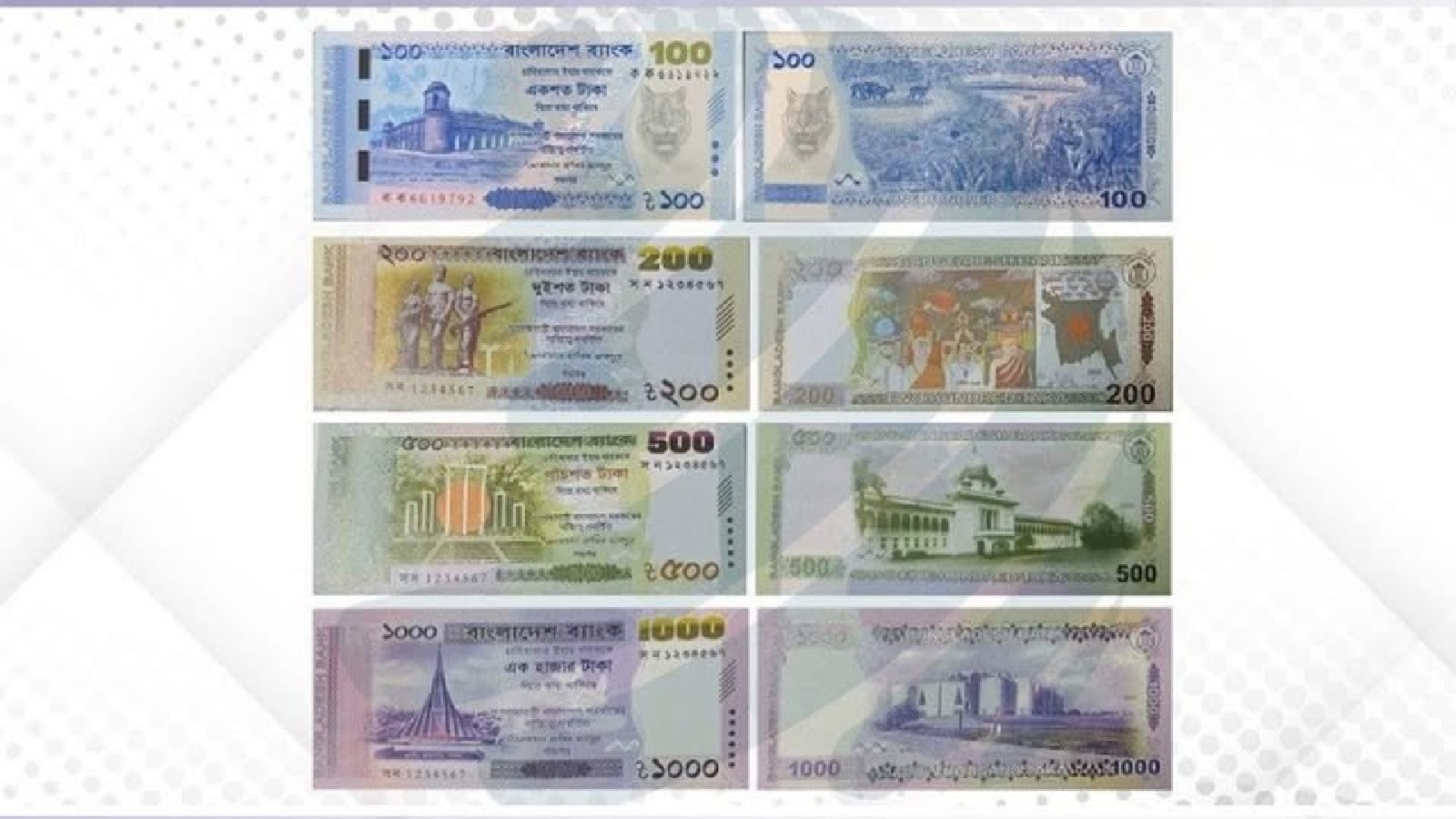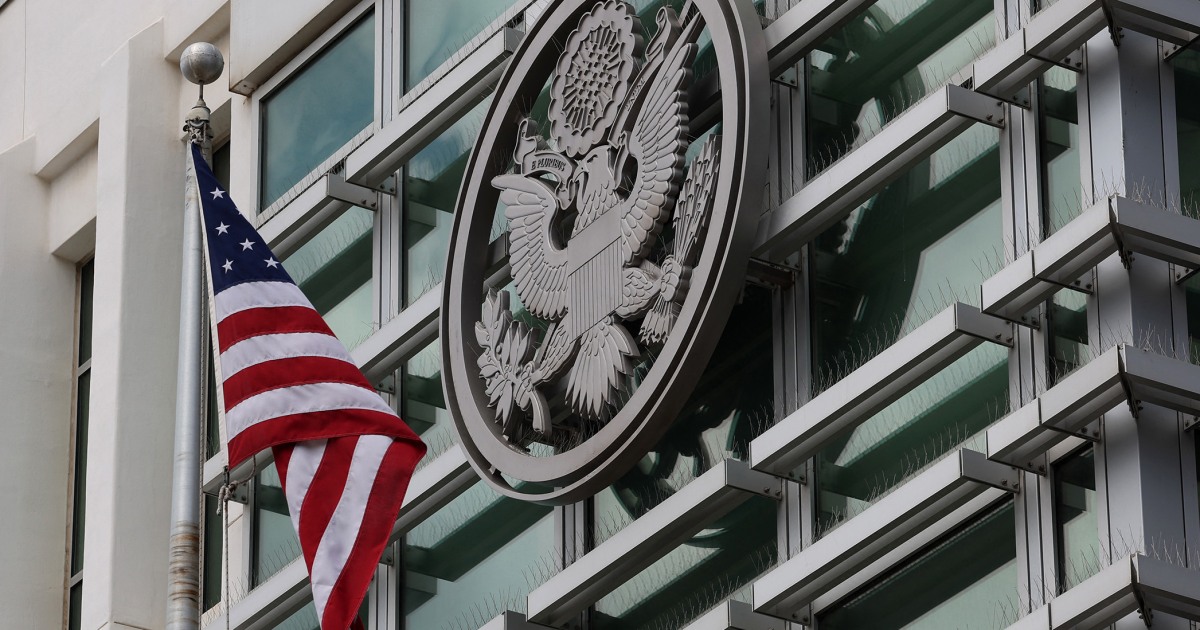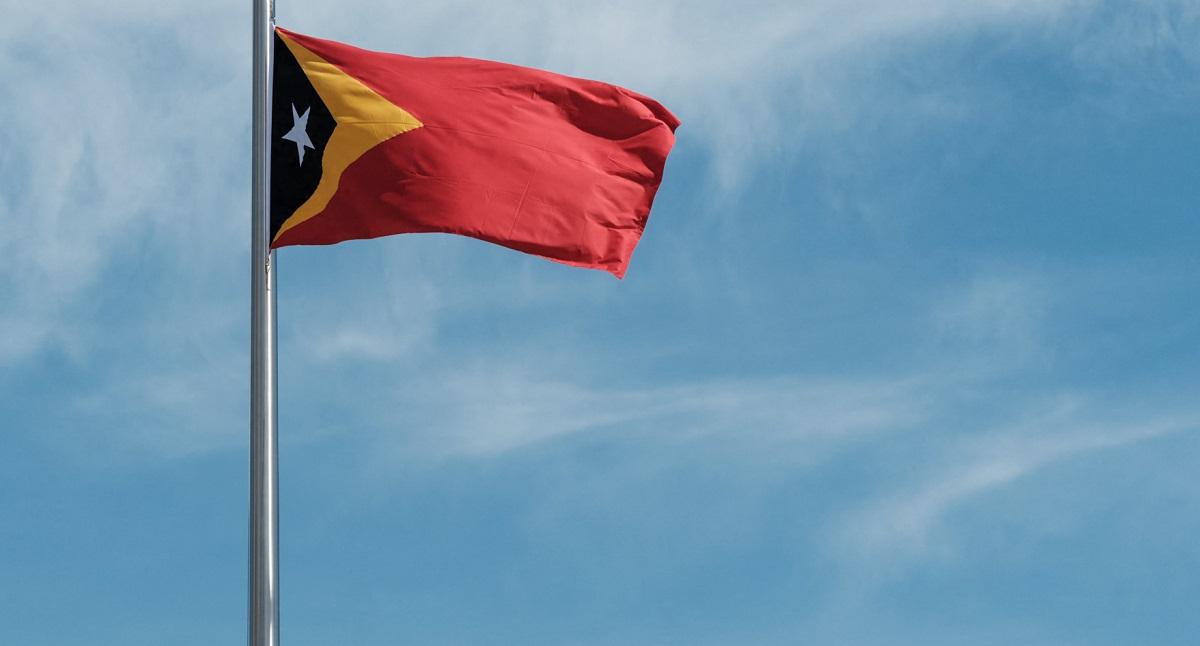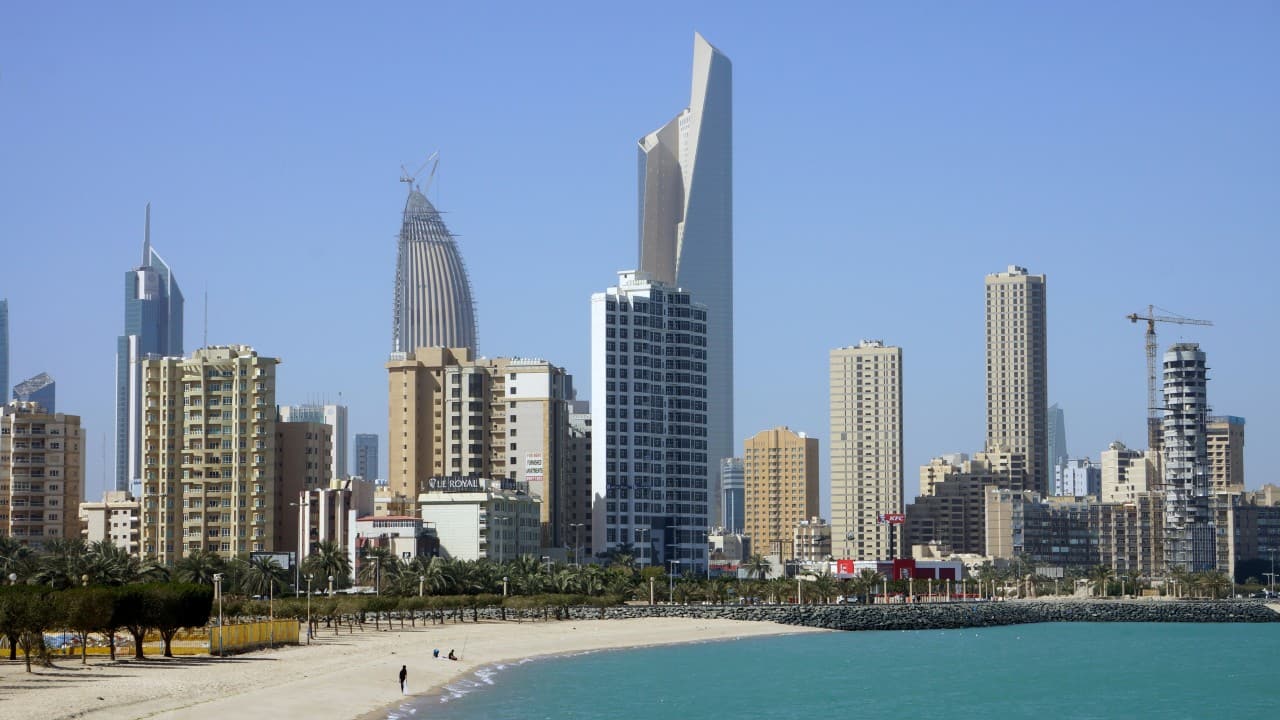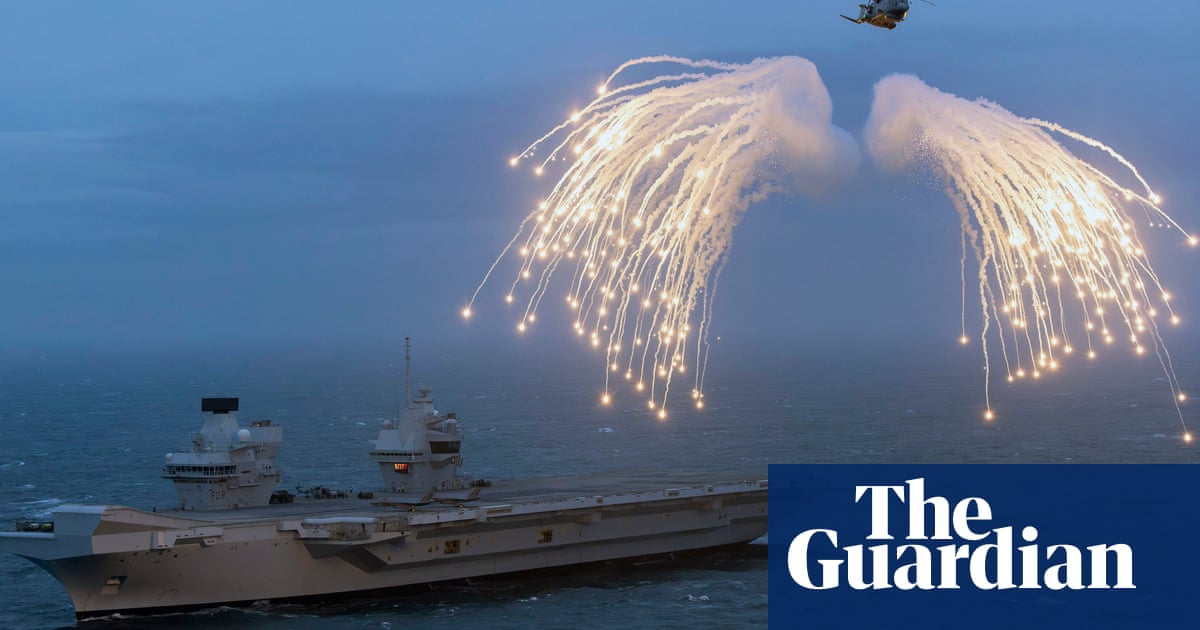Trump Signs Major Economic Pact with Saudi Arabia During Gulf Tour

On Tuesday, U.S. President Donald Trump signed a significant strategic economic agreement with Saudi Arabia, marking a pivotal moment in the ongoing bilateral relationship between the two nations. The agreement comes as the oil-rich kingdom rolls out the red carpet for Trump at the start of his tour across several Gulf states, aimed at attracting investments that could total trillions of dollars.
As he stepped off Air Force One, Trump exuberantly punched the air, greeted warmly by Prince Mohammed bin Salman (often referred to as MbS), the Crown Prince and de facto ruler of Saudi Arabia. This meeting culminated in the signing of an agreement that Saudi state television reported encompasses various sectors, including energy, defense, and mining, among others.
The White House announced that Saudi Arabia plans to invest a staggering $600 billion (approximately €539 billion) in the United States. This investment is highlighted by the largest defense sales agreement to date between the two allies, with an estimated value of nearly $142 billion (around €128 billion). Trump expressed optimism about their relationship, stating, “I really believe we like each other a lot,” during a meeting with the Crown Prince in Riyadh.
Accompanying Trump on this pivotal tour are numerous American business leaders, including billionaire entrepreneur Elon Musk. Following Riyadh, the President is set to visit Qatar and the United Arab Emirates. Notably, he has not scheduled a visit to Israel, which has prompted discussions about the current administration's prioritization of relationships in the Middle East, particularly as this trip focuses primarily on economic investment rather than security concerns.
Saudi Arabia's Investment Minister Khalid al-Falih underscored the evolution of the partnership, stating, “While energy remains a cornerstone of our relationship, the investments and business opportunities in the kingdom have expanded and multiplied many, many times over.” He highlighted the potential for immense collaboration between Saudi and American businesses, emphasizing that such joint efforts often lead to great outcomes.
During an exclusive meeting at the Royal Court, Trump spoke fondly of MbS, referring to him as a friend and asserting that their relationship is strong. He reflected on his previous visit to the kingdom in 2017 and noted that the anticipated Saudi investments would stimulate job creation in the United States. Humorously, he mentioned that the $600 billion investment pledge could potentially increase to $1 trillion, a figure he has previously referenced while encouraging investment from his strategic partners.
As part of this visit, Riyadh hosted a Saudi-American investment forum, attended by influential figures such as Larry Fink, CEO of asset management giant BlackRock, and Stephen Schwartzman, CEO of Blackstone. Secretary of the Treasury Scott Bessent also joined the event. Elon Musk was seen engaging with both Trump and MbS during a palace reception, followed by a lunch that included various leaders from the business community.
MbS is actively pursuing ambitious economic diversification through a reform initiative named Vision 2030, which includes large-scale projects, referred to as “Giga-projects,” such as NEOM, an innovative city that is planned to cover an area comparable to Belgium. Oil revenue accounted for a significant 62 percent of Saudi Arabia’s government income the previous year. Rayan Fayez, deputy CEO of NEOM, announced at the forum that approximately $1 billion is being directed towards investments in frontier technologies, with a substantial portion flowing into U.S. companies.
However, Saudi Arabia has recently reassessed some of its economic ambitions due to rising costs and declining oil prices. The longstanding alliance between the U.S. and Saudi Arabia has been built on a foundational understanding: the kingdom provides oil, while the U.S. ensures security in return.
Relations between MbS and Trump have been notably smoother compared to those between the Crown Prince and former President Joe Biden. Tensions had arisen in the past following the assassination of Saudi journalist Jamal Khashoggi, which U.S. intelligence attributed to MbS’s orders—an accusation that he has consistently denied.
Despite Trump’s absence from Israel in this tour, he still seeks to encourage Israeli Prime Minister Benjamin Netanyahu to agree on a new ceasefire in the ongoing Gaza conflict. While Israeli officials appear to maintain a positive front regarding Trump’s decision, there are underlying concerns about Israel’s standing in Washington's priorities amidst increasing frustration over the stalled peace process.
The ongoing military actions by Israel against Hamas in Gaza and Hezbollah in Lebanon have inadvertently strengthened Trump’s negotiating power against Iran and its allies in the region. Recent discussions have been reported between U.S. and Iranian diplomats regarding a potential agreement to limit Iran's nuclear ambitions, with Trump warning of military action should negotiations falter.
In a strategic development, it is expected that Trump will propose an arms deal to Saudi Arabia that could exceed $100 billion, encompassing a range of advanced weaponry. Steve Witkoff, Trump’s Middle East envoy, indicated his belief that progress would soon be made concerning the normalization agreements established during Trump’s first term, which saw several Arab nations recognize Israel.
However, hurdles remain, as Netanyahu’s opposition to a permanent halt to the conflict in Gaza and to the establishment of a Palestinian state may hinder any potential talks with Riyadh moving forward.
— Reuters













